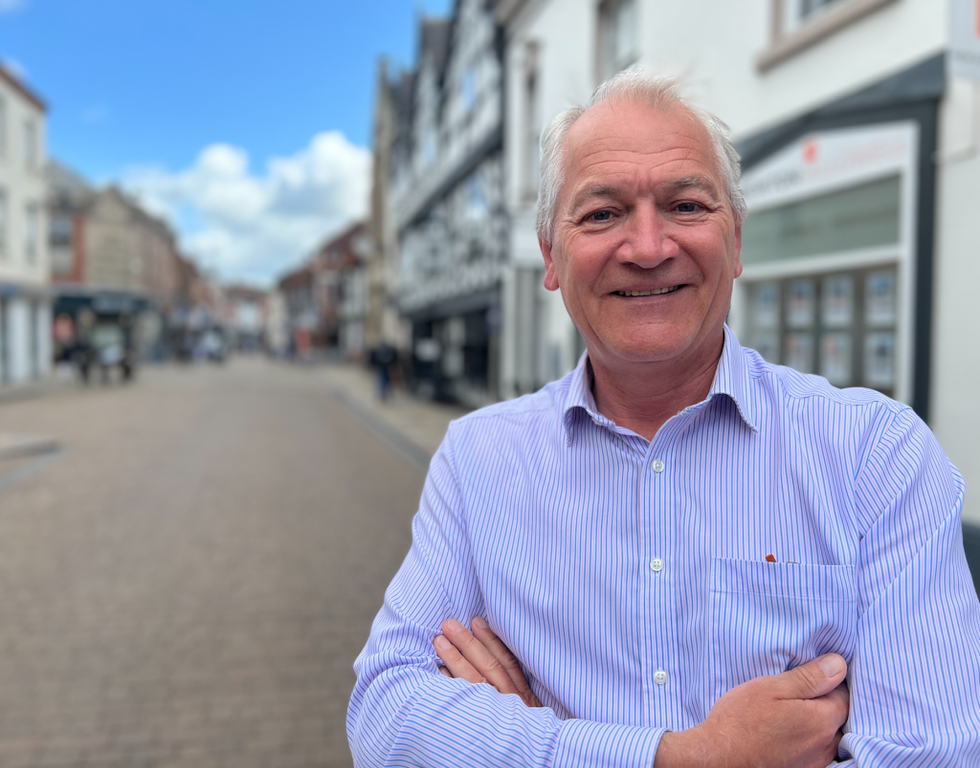Bira CEO Andrew Goodacre talks all things sustainability and who retailers need to embrace change for the good
With the retail landscape continuing to evolve, perhaps no challenge is as pressing as the need for sustainability. As independent retailers, we have a unique opportunity – and responsibility – to lead the charge in creating a sustainable and circular economy.
Sustainability in retail goes far beyond simply offering eco-friendly products. It's about reimagining our business model, from sourcing and packaging to energy use and waste management. The circular economy takes this a step further, aiming to eliminate waste and maximise resource use through continuous reuse, repair, and recycling.
Consumer attitudes towards sustainability are evolving. Many are now actively trying to reduce their environmental impact and increasingly expect the same from brands. Research suggests a significant portion of consumers are influenced by businesses with sustainability credentials. This shift in behaviour represents a significant opportunity for independent retailers who embrace sustainable practices.
While exact figures may vary, the overall trend is clear. Sustainability is becoming a key factor in consumer decision-making.
Sustainability often goes hand-in-hand with efficiency and cost savings. By reducing waste, minimising packaging, and optimising energy use, retailers can significantly cut operational costs. For instance, switching to LED lighting or installing solar panels can lead to substantial savings on energy bills over time.
But perhaps most importantly, as independent retailers deeply rooted in our local communities, we have a responsibility to be good stewards of our environment. So, how can independent retailers start their sustainability journey? Here are a few practical steps:
- Offer eco-friendly products. Look for suppliers who prioritise sustainability in their manufacturing processes.
- Minimise packaging. Opt for minimal, recyclable, or biodegradable packaging options.
- Implement a recycling programme. Make it easy for customers to recycle or return products at the end of their lifecycle.
- Reduce energy consumption. Switch to energy-efficient lighting and appliances and consider renewable energy sources.
- Educate customers. Share information about your sustainability efforts and how customers can participate.
- Join initiatives like #BeatTheReceipt. Commit to making paper receipts optional, reducing paper waste.

At Bira, we've developed a Sustainability Policy to guide our own practices and offer resources to help retailers implement sustainable strategies. We're also proud sponsors of The Sustainable Business Podcast.
Sustainability isn't just about being environmentally responsible – it's about future-proofing your business. As regulations tighten and consumer expectations evolve, sustainable practices will become increasingly crucial for business success.
The journey towards sustainability may seem daunting, but remember, every small step counts. Start with what you can manage today, and gradually build on your efforts: our collective actions can make a significant impact.
As we look to the future of independent retail, let's commit to being at the forefront of sustainable business practices. By doing so, we're not just ensuring the longevity of our own businesses but contributing to a healthier planet for future generations.





